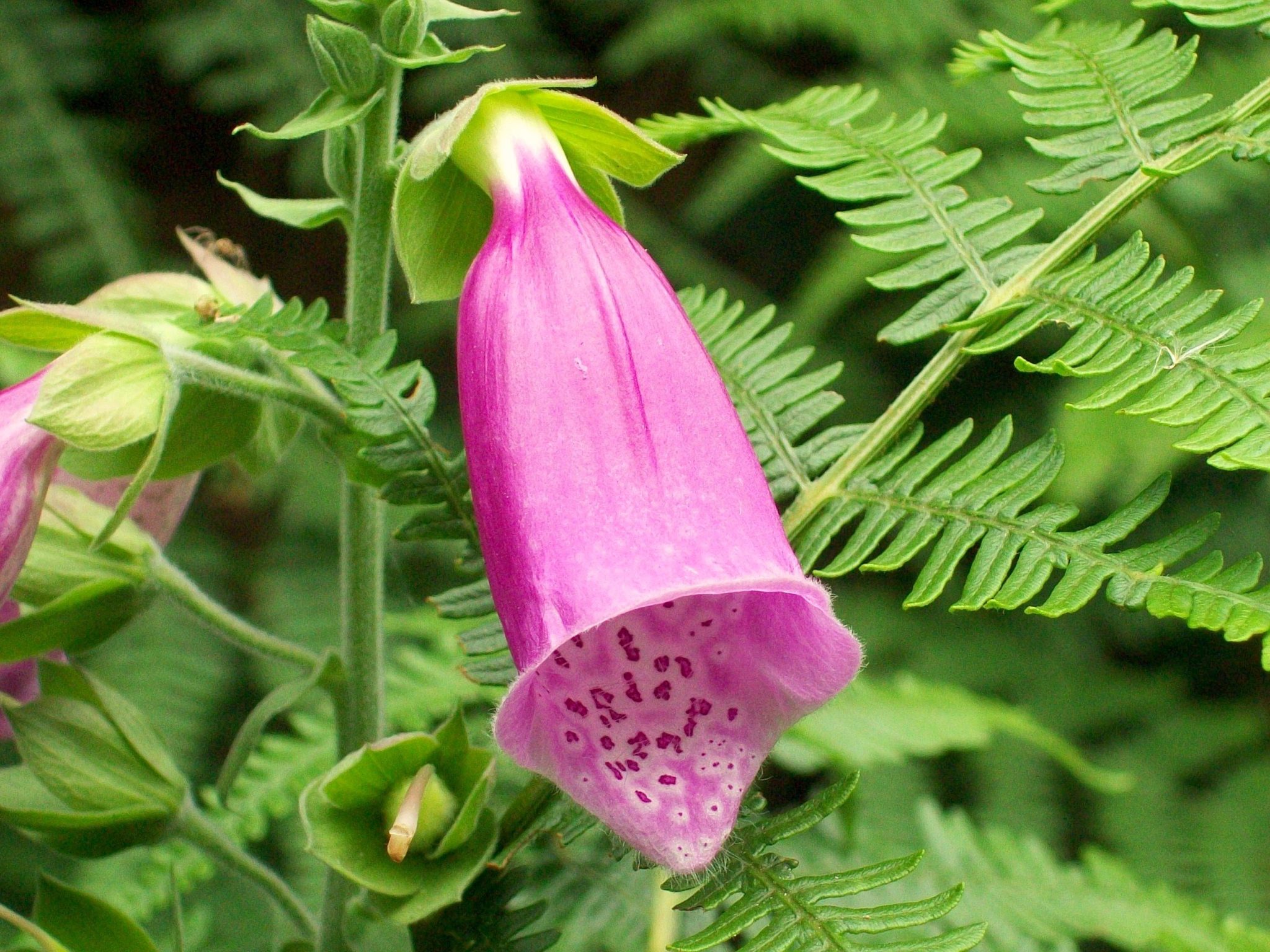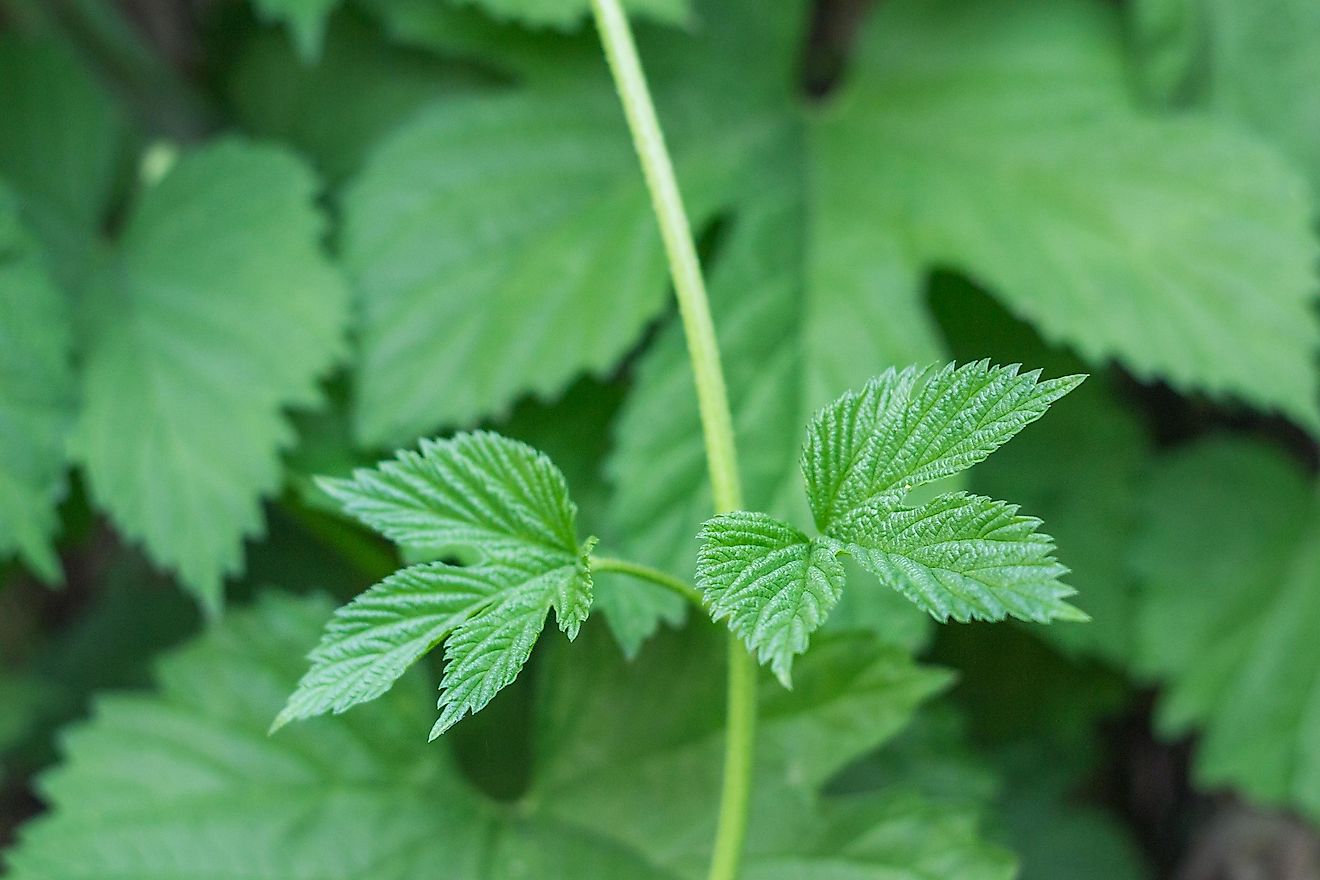Poisonous plants in ga – Georgia’s diverse flora includes a variety of poisonous plants that can pose risks to humans and animals. Understanding these plants’ characteristics, effects, and prevention measures is crucial for ensuring safety in the outdoors.
This comprehensive guide delves into the common poisonous plants found in Georgia, providing detailed descriptions, toxicity levels, and symptoms. It also offers tips for identification, poison prevention strategies, and treatment options.
Common Poisonous Plants in Georgia

Georgia is home to a variety of poisonous plants that can cause serious health problems if ingested. It is important to be aware of these plants and to take precautions to avoid contact with them.
Most Prevalent Poisonous Plants in Georgia
Some of the most prevalent poisonous plants in Georgia include:
- Poison ivy (Toxicodendron radicans)
- Poison oak (Toxicodendron pubescens)
- Poison sumac (Toxicodendron vernix)
- Jimsonweed (Datura stramonium)
- Black locust (Robinia pseudoacacia)
- Pokeweed (Phytolacca americana)
- Carolina jessamine (Gelsemium sempervirens)
- Mountain laurel (Kalmia latifolia)
- Foxglove (Digitalis purpurea)
li>Yellow jessamine (Gelsemium sempervirens)
These plants can be found in a variety of habitats, including forests, fields, and roadsides. They can cause a variety of symptoms, including skin irritation, nausea, vomiting, and diarrhea.
Toxicity and Symptoms of Poisonous Plants
The toxicity of poisonous plants can vary depending on the plant and the part of the plant that is ingested. Some plants are more toxic than others, and some parts of the plant may be more toxic than others. The following table lists some of the most common poisonous plants in Georgia, their toxicity level, and the common symptoms they can cause:
| Plant Name | Scientific Name | Toxicity Level | Common Symptoms |
|---|---|---|---|
| Poison ivy | Toxicodendron radicans | High | Skin irritation, blisters, itching |
| Poison oak | Toxicodendron pubescens | High | Skin irritation, blisters, itching |
| Poison sumac | Toxicodendron vernix | High | Skin irritation, blisters, itching, swelling |
| Jimsonweed | Datura stramonium | High | Hallucinations, delirium, coma |
| Black locust | Robinia pseudoacacia | Moderate | Nausea, vomiting, diarrhea |
| Pokeweed | Phytolacca americana | Moderate | Nausea, vomiting, diarrhea, abdominal pain |
| Carolina jessamine | Gelsemium sempervirens | High | Muscle weakness, paralysis, respiratory failure |
| Mountain laurel | Kalmia latifolia | High | Nausea, vomiting, diarrhea, abdominal pain, cardiac arrhythmias |
| Yellow jessamine | Gelsemium sempervirens | High | Muscle weakness, paralysis, respiratory failure |
| Foxglove | Digitalis purpurea | High | Nausea, vomiting, diarrhea, cardiac arrhythmias, death |
If you come into contact with any of these plants, it is important to wash the affected area with soap and water and to seek medical attention if you experience any symptoms.
Identifying Poisonous Plants in Georgia: Poisonous Plants In Ga

Identifying poisonous plants in Georgia is crucial for avoiding potential health hazards. Several key characteristics distinguish poisonous plants from non-poisonous ones:
Physical Characteristics
- Leaves: Unusual leaf shapes, such as three leaflets (e.g., poison ivy), or leaves with serrated edges or a waxy coating (e.g., poison hemlock).
- Stems: Hollow or woody stems with milky or colored sap (e.g., giant hogweed).
- Flowers: Brightly colored or unusual flower clusters (e.g., Jimson weed) or flowers with a strong, unpleasant odor (e.g., nightshade).
- Fruits: Berries or fruits that are unusually colored or have a bitter taste (e.g., pokeweed berries).
Tips for Safe Identification
- Observe from a distance: Do not touch or handle plants you suspect are poisonous.
- Use a field guide or mobile app: Refer to reliable sources for accurate plant identification.
- Consult with experts: Seek guidance from local extension services or botanists if uncertain about a plant’s identity.
Resources for Further Information, Poisonous plants in ga
- Poisonous Plants of Georgia (University of Georgia Extension)
- Poisonous Plants of Georgia (Georgia Department of Natural Resources)
- iNaturalist (Citizen science app for plant identification)
Poison Prevention and Treatment

Poison prevention is crucial, particularly for children and pets. Plants containing toxic substances can pose serious health risks, and it’s essential to take precautions to minimize exposure.
If someone ingests a poisonous plant, immediate action is necessary. Symptoms may vary depending on the type of plant consumed, but general steps to take include:
Immediate Actions
- Remain calm and do not induce vomiting.
- Call the Poison Control Center at 1-800-222-1222 for guidance.
- If the person is conscious, give them water or milk to dilute the toxin.
- Do not give them activated charcoal or other home remedies without consulting a medical professional.
Treatment Options
Treatment for plant poisoning depends on the specific toxin involved. Common treatments include:
- Activated charcoal: Binds to toxins in the digestive tract, preventing absorption.
- Intravenous fluids: Helps flush toxins from the body.
- Antivenoms: Specific antibodies that neutralize the effects of certain plant toxins.
- Surgery: In severe cases, surgery may be necessary to remove affected tissue.
It’s important to note that these treatments should only be administered by qualified medical professionals. If you suspect someone has ingested a poisonous plant, seek immediate medical attention.